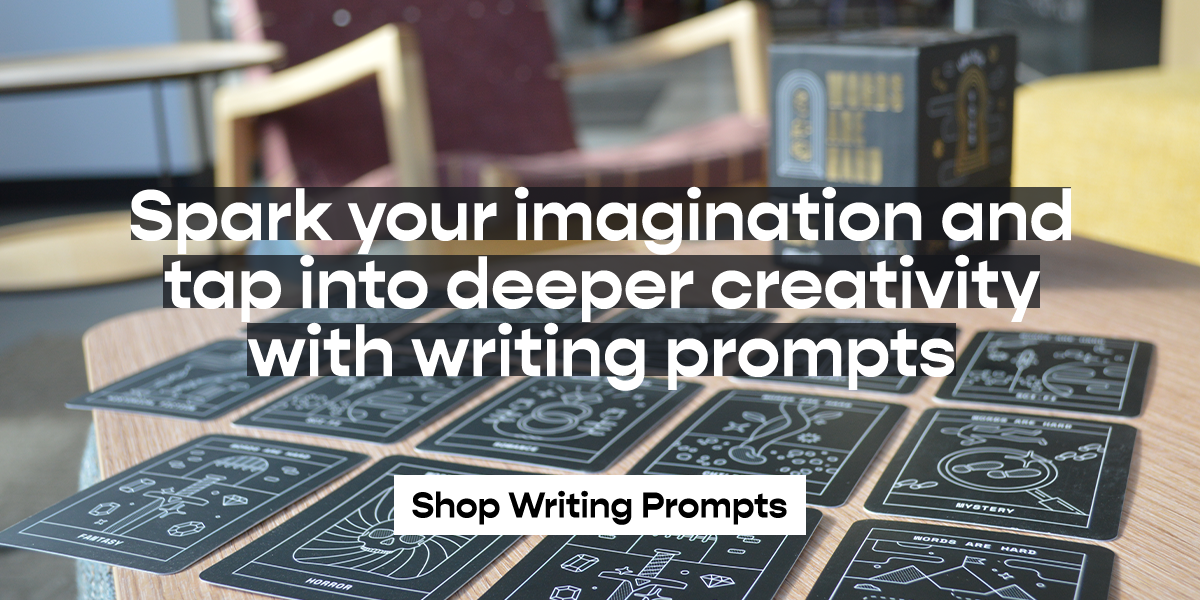
Everyone has a story to tell. Here at Freewrite, our passion is helping people overcome the obstacles to writing and get words on the page.
Many #FreewriteFam community members use their Freewrite for journaling or to write memoir. But sometimes your own story is the hardest to tell. Where do you start? What’s interesting enough to include?
Our advice: Stop thinking; start writing.
And if you need a little help with the “start” part, here are 30 prompts to get you going. Pick a prompt, set a timer for 15 minutes, and WRITE ON!
- Describe yourself as a child.
- How did you get your name?
- Describe your childhood home. How did it smell? What was the temperature?
- Pick a number from 1-20. Write about your life at that age.
- What was your favorite book or movie as a child? Why? Do you still like it?
- When you were young, what did you want to be when you grew up? How close did you come to pursuing that?
- Describe someone you admired when you were young. Did your impression of that person change when you grew up?
- Tell the story of the best meal you’ve ever had.
- What do you remember (if anything) about your parents’ relationship? Either with each other, or with others?
- Do you have any siblings? If so, did you get along?
- Describe a hobby you used to have that you no longer do. Why did you stop?
- Describe the best day of your life.
- What was your worst fear at age 5? Age 15? Age 25? Now?
- Describe the very first trip you took away from your hometown.
- Write about a historical event that you lived through.
- Do you believe in the afterlife? Why or why not?
- What was your first job? Did you like it? How long did it last?
- How do you define loss? Tell about a time you experienced loss, in any form.
- Do you remember your first love? Describe them.
- Have you experienced a life-or-death situation? How did you feel?
- Tell the story of a moment when you were scared to do something but did it anyway.
- What’s more important to you: honesty or loyalty?
- At what moment in your life did you feel most loved?
- What has been the biggest challenge of your life thus far?
- Do you prefer winter, spring, summer, or fall? Why?
- Name one insecurity you have about yourself. Now tell a story about where that insecurity was born, or how it has affected your life.
- Do you believe people are inherently “good”?
- Name one thing you believed as a young person that you changed your mind about.
- What are you good at? Be honest and don't sell yourself short.
- What is your most prized possession?





















